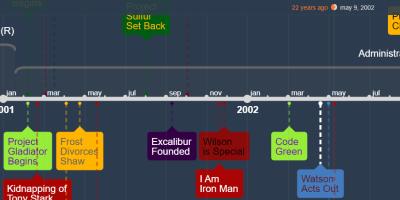Taiping Rebellion (dec 24, 1850 – jul 24, 1864)
Description:
A massive rebellion or civil war that was waged in China between the Manchu Qing dynasty and the Han, Hakka-led Taiping Heavenly Kingdom. After fighting the bloodiest civil war in world history, with 20 to 30 million dead, the established Qing government won decisively, although at a great price to its fiscal and political structure.The uprising was commanded by Hong Xiuquan, an ethnic Hakka and the self-proclaimed brother of Jesus Christ. Its goals were religious, nationalist, and political in nature; Hong sought the conversion of the Han people to the Taiping's syncretic version of Christianity, to overthrow the Manchu-led Qing Dynasty, and a state transformation. Rather than supplanting the ruling class, the Taipings sought to upend the moral and social order of China. The Taipings established the Heavenly Kingdom as an oppositional state based in Tianjing and gained control of a significant part of southern China, eventually expanding to command a population base of nearly 30 million people.
For more than a decade, Taiping armies occupied and fought across much of the mid and lower Yangtze valley, ultimately devolving into total civil war. It was the largest war in China since the Manchu conquest of China in 1644, involving every province of China proper except Gansu. Taiping soldiers carried out widespread massacres of Manchus, the ethnic minority of the ruling Imperial House of Aisin-Gioro, whom they believed to be demons. Meanwhile, the Qing government also engaged in massacres, most notably against the civilian population of the Taiping capital, Nanjing.
Weakened severely by an attempted coup and the failure of the siege of Beijing, the Taipings were defeated by decentralized, irregular armies such as the Xiang Army commanded by Zeng Guofan. Having already moved down the Yangtze River and recaptured the important city of Anqing, Zeng's Xiang Army besieged Nanjing during May, 1862. Two years later, on June 1, 1864, Hong Xiuquan died and Nanjing fell during the Third Battle of Nanjing, barely a month later. The 14 year civil war greatly weakened the Qing dynasty, which would collapse less than 50 years afterwards. It exacerbated sectarian tension and accelerated the rise of regionalism.
Added to timeline:
Date:
dec 24, 1850
jul 24, 1864
~ 13 years
